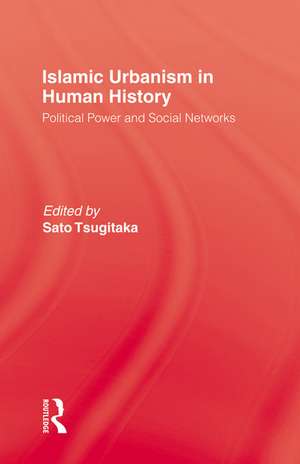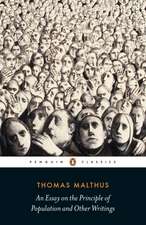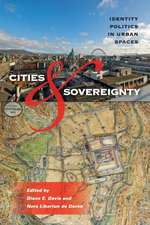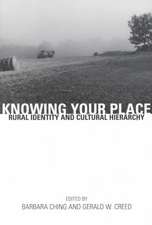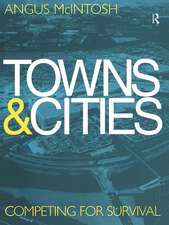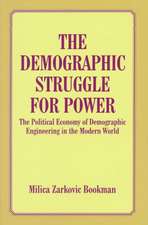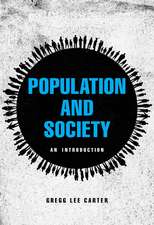Islamic Urbanism: Political Power and Social Networks
Editat de Tsugitaka SATOen Limba Engleză Paperback – 15 aug 2014
Preț: 145.36 lei
Nou
Puncte Express: 218
Preț estimativ în valută:
27.82€ • 30.21$ • 23.37£
27.82€ • 30.21$ • 23.37£
Carte tipărită la comandă
Livrare economică 22 aprilie-06 mai
Preluare comenzi: 021 569.72.76
Specificații
ISBN-13: 9780415760140
ISBN-10: 0415760143
Pagini: 246
Dimensiuni: 156 x 234 mm
Greutate: 0.46 kg
Ediția:1
Editura: Taylor & Francis
Colecția Routledge
Locul publicării:Oxford, United Kingdom
ISBN-10: 0415760143
Pagini: 246
Dimensiuni: 156 x 234 mm
Greutate: 0.46 kg
Ediția:1
Editura: Taylor & Francis
Colecția Routledge
Locul publicării:Oxford, United Kingdom
Cuprins
Chapter One Political Power and Social Networks Chapter Two Administrative Networks in the Mamluk Period Chapter Three Informal Networks Chapter Four Political Power and Social-Religious Networks in Sixteenth Century Fes Chapter Five The Pastoral City and the Mausoleum City Chapter Six Water Village Until the Foundation of Land-Based Settlement Chapter Seven Elites, Notables and Social Networks of Eighteenth-Century Hama
Notă biografică
SATO Tsugitaka is Professor at the University of Tokyo
Descriere
Islamic cultures in the Middle East have inherited and developed a legacy of urbanism spanning millennia to the ancient civilizations of the region. In contrast to well-organized states like China in history, Muslim peoples formed loose states based on intricate social networks. As a consequence, most studies of urban history in the Middle East have focused their gaze exclusively on urban social organization, often neglecting the extension of political power to rural areas. Covering Morocco, Egypt, Syria, Iran and Brunei, this volume explores the relationship between political power and social networks in medieval and modern Middle Eastern history. The authors examine social, religious and administrative networks that governed rural and urban areas and led to state formation, providing a more inclusive view of the mechanisms of power and control in the Islamic world.
